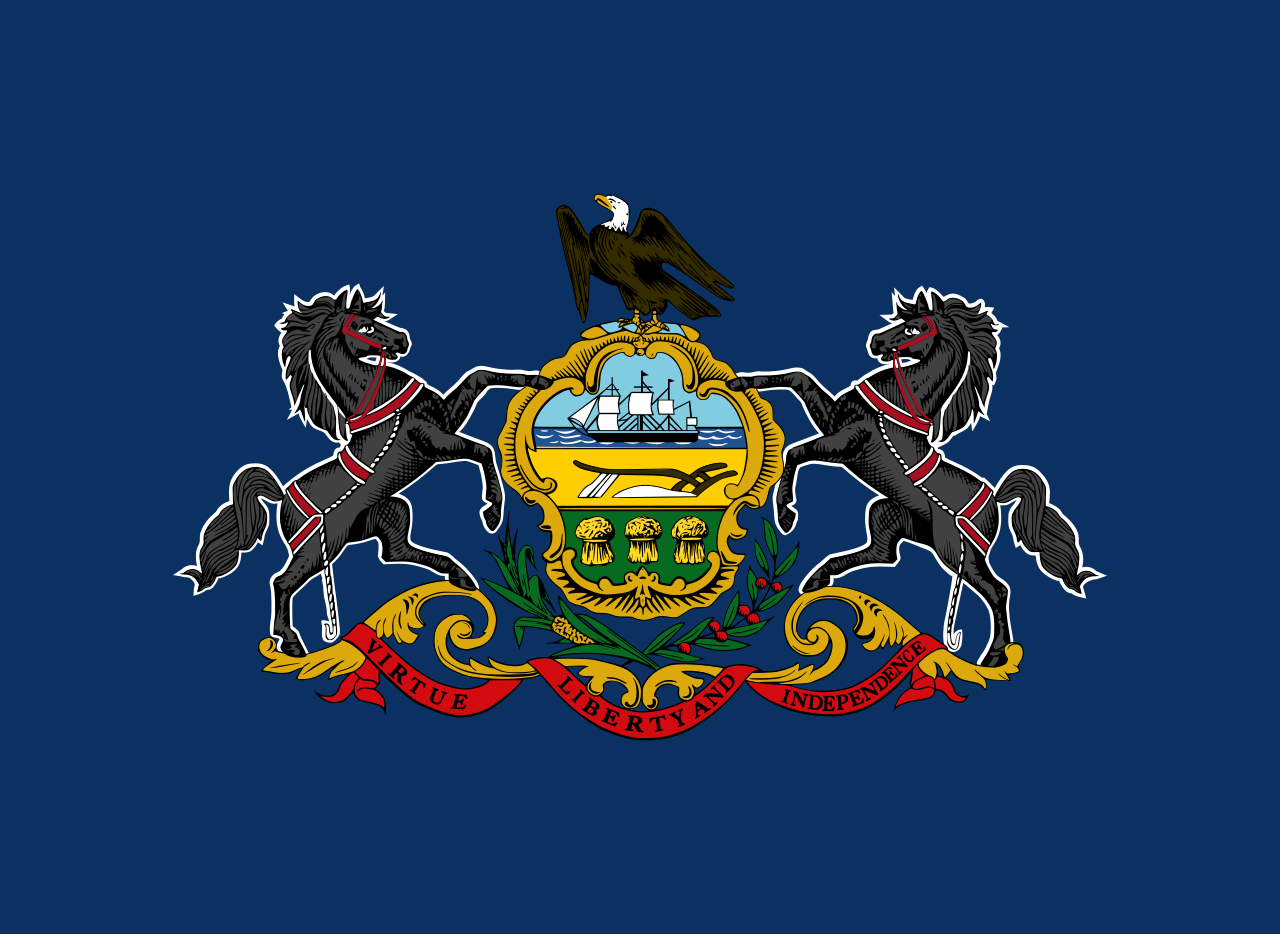I think we can accept losing some trails if we gain a ton of green electricity, one of the best kinds at that.
Dams are the worst. They destroy habitat and ecosystems, and are dangerous. No new dams should ever be built anywhere.
And how much habitat and ecosystems do we currently lose per day because of CO2 emitted to generate power?
Anti-dam != Pro-coal
Interesting that this story shows up in my feed the same day as this one: Internet data centers are fueling drive to old power source: Coal. Which says that the massive growth in data centers in Virginia - “massive data centers with computers processing nearly 70 percent of global digital traffic” - means that they need to keep coal plants running, and build more transmission lines. And it seems that both issues are on the PJM grid, which makes me wonder if this “increased demand” in Pennsylvania is actually in Virginia.
Note this is NOT hydroelectric, exactly. Throughout the article it says this is pumped storage.
The difference is hydroelectric as a source of power tends to be huge in order to be a reliable source of round the clock power, inundates a vast area to the extent we need to be concerned.
However pumped storage will be much smaller, flood much less habitat, in order to stabilize intermittent renewable power to make the grid more reliable.
So, by virtue of the goal being pumped storage, this project will not flood much habitat, but will leverage greater use of renewable energy. Well worth it




